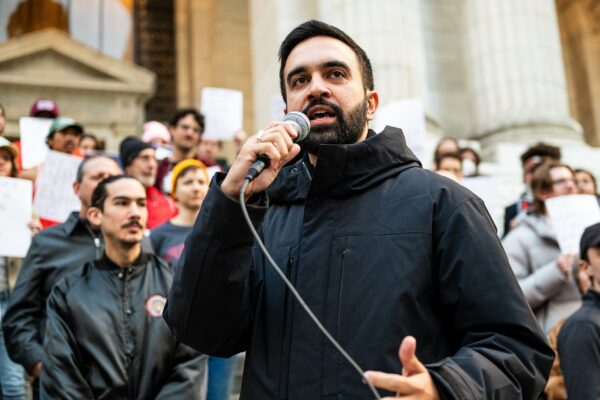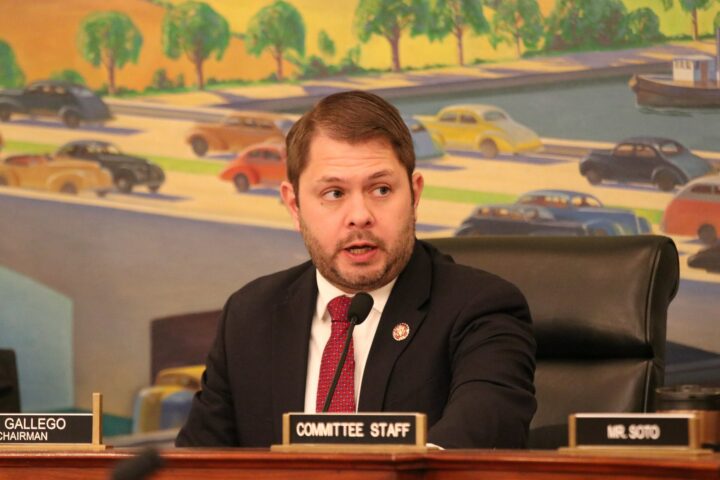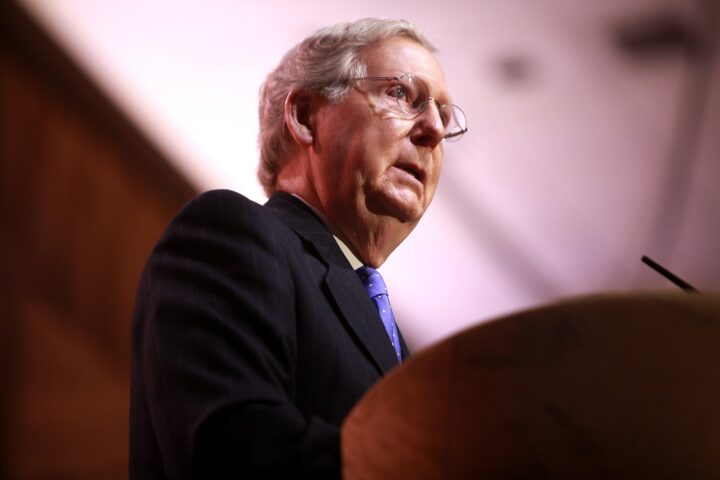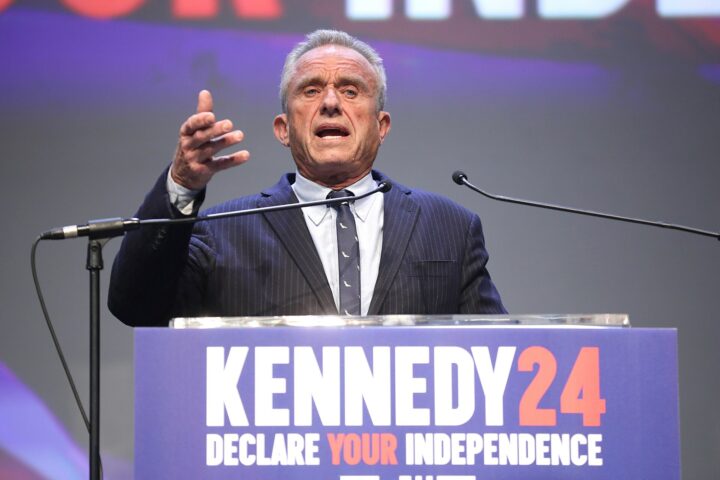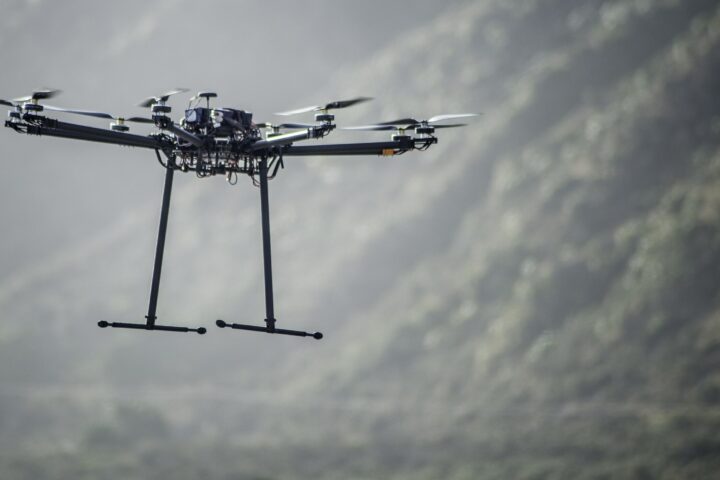Zohran Mamdani, a State Assembly member and radical democratic socialist, has now reportedly opened a commanding lead in New York City’s mayoral race — a margin many observers say is more a product of a fractured opposition than overwhelming popular enthusiasm.
A new Siena College poll, released Tuesday, found Mamdani holding a 19-point lead over his nearest competitor, former New York Gov. Andrew Cuomo, in a crowded five-person field. Mamdani polled at 44 percent citywide, compared to Cuomo’s 25 percent.
Republican nominee Curtis Sliwa trailed at 12 percent, while incumbent Mayor Eric Adams, whose tenure has been clouded by low approval ratings and mounting criticism, registered only 7 percent support.
Both Cuomo — who lost the Democratic primary to Mamdani — and Adams — who bypassed the primary altogether — remain registered Democrats but are running as independents in the general election.
The decision by multiple candidates to mount independent bids has split anti-Mamdani voters, making it harder for any single rival to consolidate enough support to challenge him.
The poll underscores the advantage Mamdani enjoys among New York City Democrats, who make up the bulk of the electorate. Fifty-five percent of Democrats back him, compared with 32 percent for Cuomo.
Sliwa, meanwhile, secured the backing of more than two-thirds of Republicans surveyed. Among independents, Mamdani’s lead narrows, with 30 percent support to Adams’s 20 percent.
While Mamdani is the only candidate with a net positive favorability rating — 46 percent favorable against 32 percent unfavorable, a 14-point margin — critics note that he has yet to command majority support in any poll of the general election. Cuomo’s image remains underwater by 17 points, Adams by 28 points, and Sliwa by 12 points.
Despite Mamdani’s ideological positioning on the far left, the city’s heavily Democratic lean makes him the statistical favorite for November. Still, the poll highlights a potential opening for a more centrist coalition — if his challengers could set aside personal ambitions.
Cuomo has openly urged the other candidates to unite behind whoever polls strongest against Mamdani in a head-to-head match-up next month. “We need to coalesce,” he has argued, though surveys suggest Cuomo himself would likely be that candidate.
So far, Adams and Sliwa have rejected the idea of bowing out, a decision that could all but guarantee a Mamdani victory.
The lack of coordination among his opponents mirrors a pattern seen in other urban races, where multiple challengers allow a polarizing front-runner to win with less than half the vote.
The Siena survey, conducted Aug. 4–7 among 317 registered New York City voters, carries a relatively high margin of error — 6.7 percentage points — due to its being part of a larger statewide sample and not weighted for likely voters.
While Mamdani’s support appears to have ticked upward since earlier polling, the data on the race remains limited. For now, the fractured field stands as his most reliable campaign asset.
[READ MORE: Hegseth Signals Tougher Stance on Mexican Cartels, Leaves Military Action on the Table]

